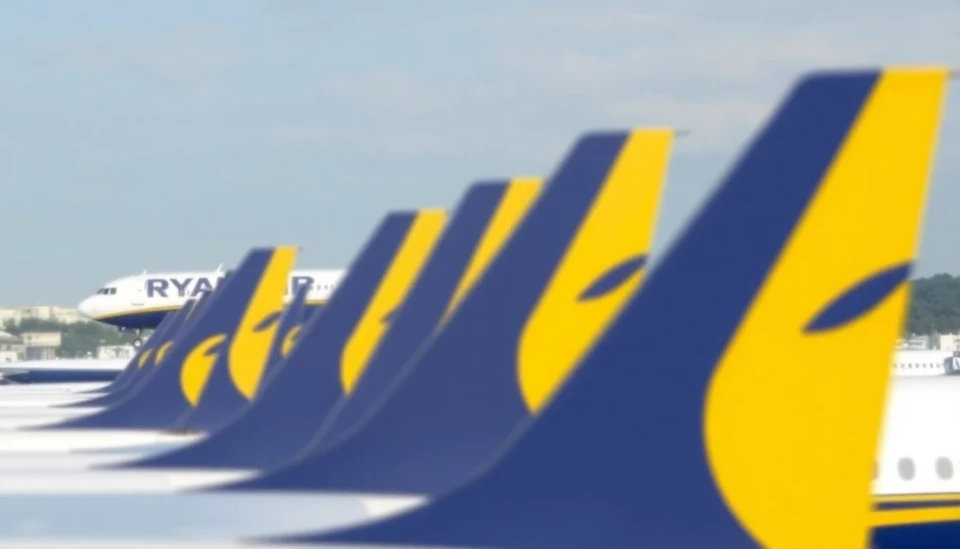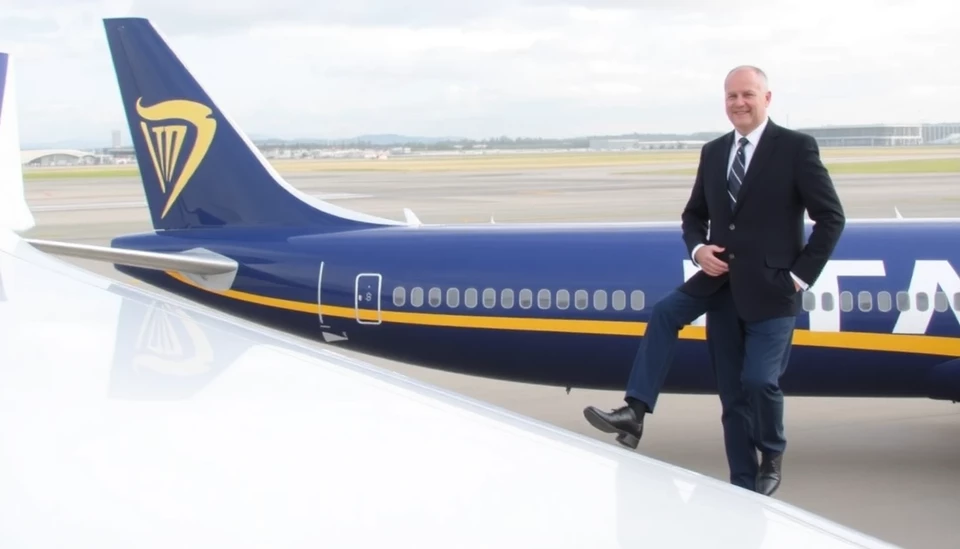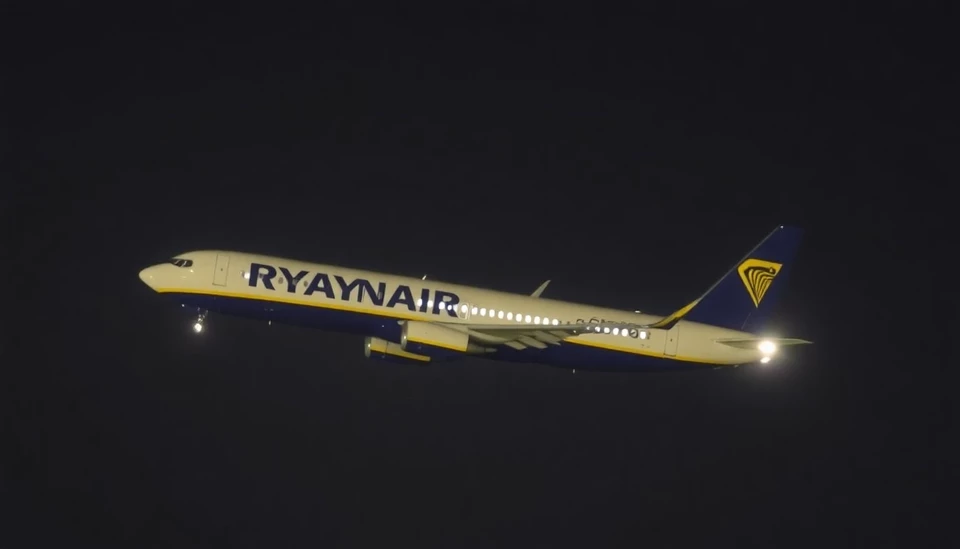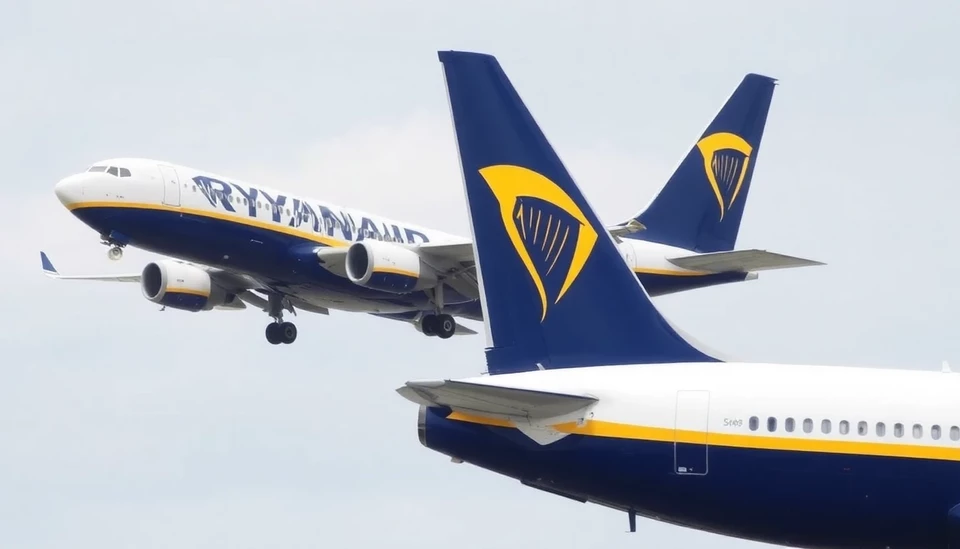
Ryanair, the low-cost European airline, has announced a downward revision of its passenger growth targets for the upcoming year, attributing this decision primarily to ongoing delays with Boeing aircraft deliveries. The decision, which could significantly impact the carrier's operations and growth trajectory, was revealed during a recent financial briefing.
The airline had previously set ambitious plans to expand its passenger numbers, anticipating the delivery of numerous Boeing 737 MAX aircraft to boost its capacity. However, complications in Boeing's production schedule and supply chain disruptions have hindered the timely delivery of these crucial planes, forcing Ryanair to reassess its growth plans.
Initially, Ryanair aimed to transport approximately 200 million passengers in the next fiscal year. Still, management has indicated that these targets will be revised downward to accommodate the reduced capacity stemming from the aircraft delays. The exact new target has not been disclosed, but analysts predict a noticeable impact on revenue and overall business growth for the airline.
CEO Michael O'Leary addressed shareholders and analysts, expressing frustration over Boeing's continued delivery failures, which have not only affected Ryanair but have also reverberated throughout the industry's operational capabilities. He stated that the airline remains committed to its low-cost business model and is exploring alternatives to mitigate the impact of these delays.
In the face of this challenge, Ryanair continues to foster strategic discussions with Boeing, seeking clarifications and assurances regarding the delivery schedule of the remaining aircraft ordered. O'Leary emphasized that effective communication with Boeing is critical to resuming the planned expansion and maintaining Ryanair's competitive edge in the low-cost travel sector.
Despite the setbacks, Ryanair retains an optimistic outlook for the overall travel market recovery. The airline posits that the travel demand is robust post-pandemic, particularly with increased consumer appetite for affordable travel options. The carrier plans to maximize operational efficiency with the current fleet while awaiting the arrival of new aircraft.
Stakeholders and industry analysts will closely monitor Ryanair's performance as it navigates these difficulties. The adjustment to passenger targets may lead to reconsiderations of market strategies and pricing structures in response to capacity constraints.
In summary, Ryanair's scaling back of its growth ambitions serves as a reminder of the fragile state of the aviation industry and the effects that supply chain issues can have on even the most prominent low-cost carriers.
As Ryanair moves forward, it will be essential to keep a close watch on Boeing’s delivery milestones and how the airline adapts to maximize its growth potential under challenging circumstances.
Overall, while the news poses short-term challenges for Ryanair, the long-term outlook for travel remains hopeful, and the airline is poised to capitalize on recovering demand in the eventuality that supply issues normalize.
Stay tuned for further updates on this developing story and other related news in the airline industry.
#Ryanair #Boeing #AircraftDelays #AviationNews #TravelIndustry #PassengerGrowth
Author: John Harris



